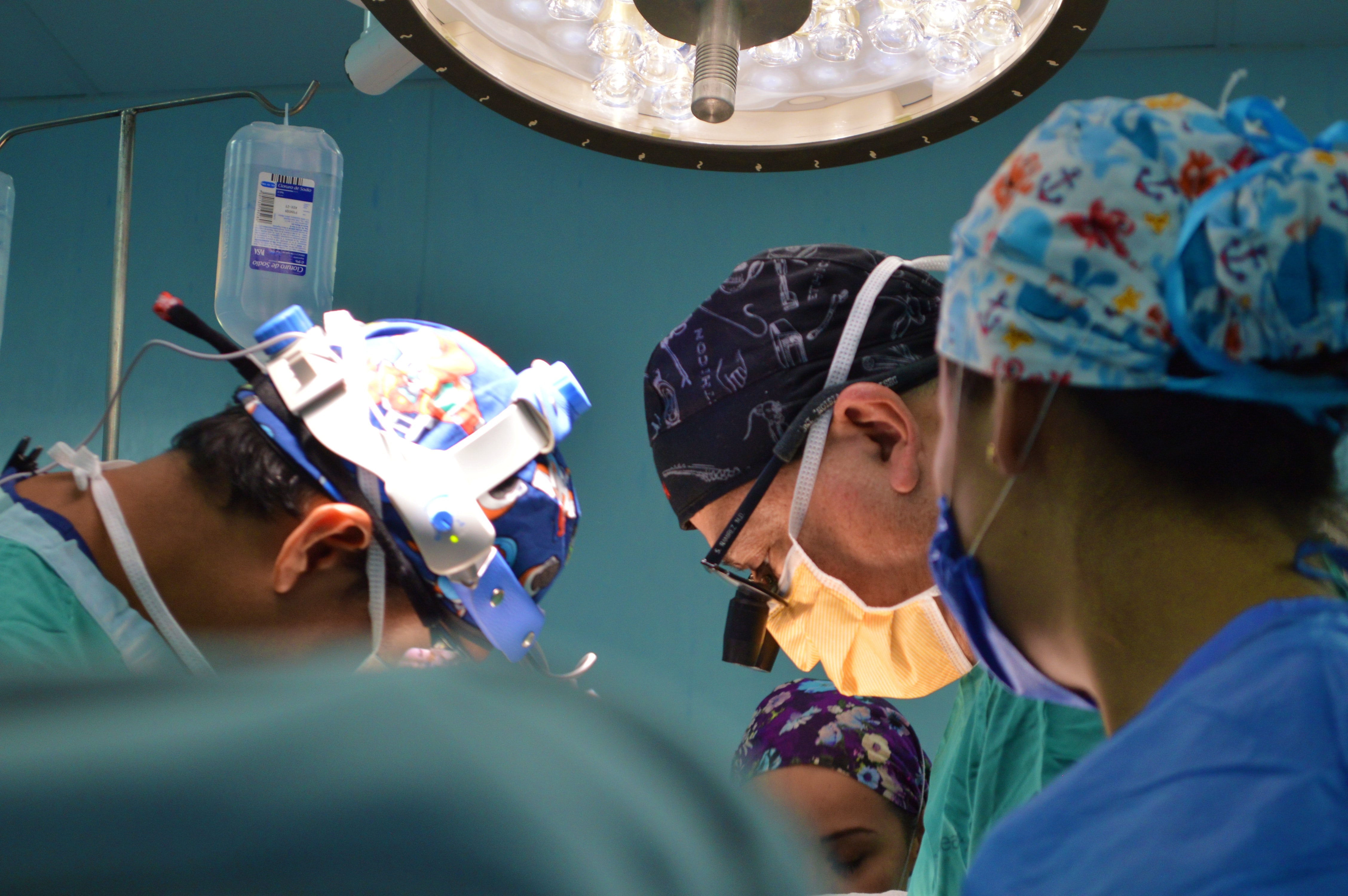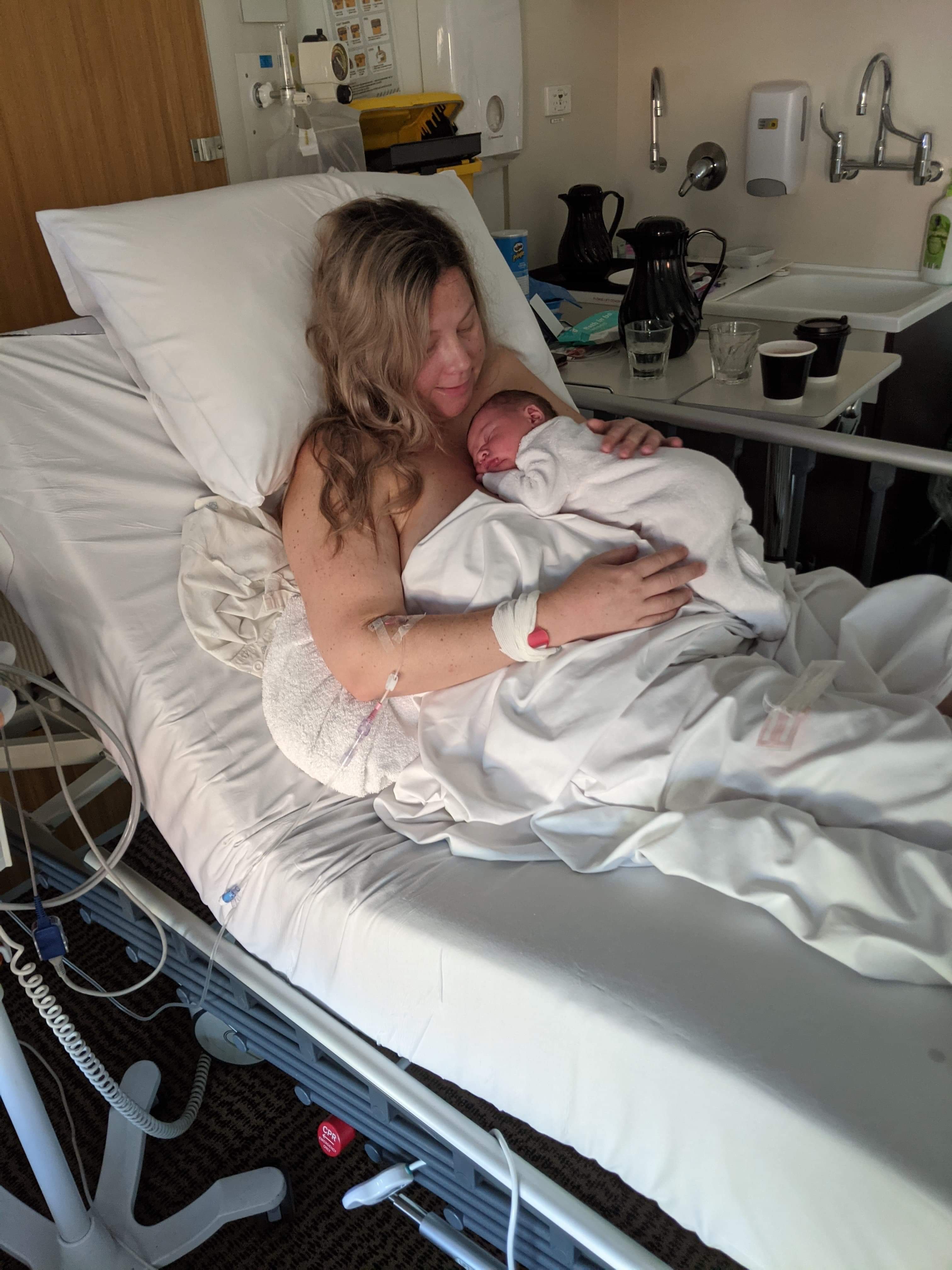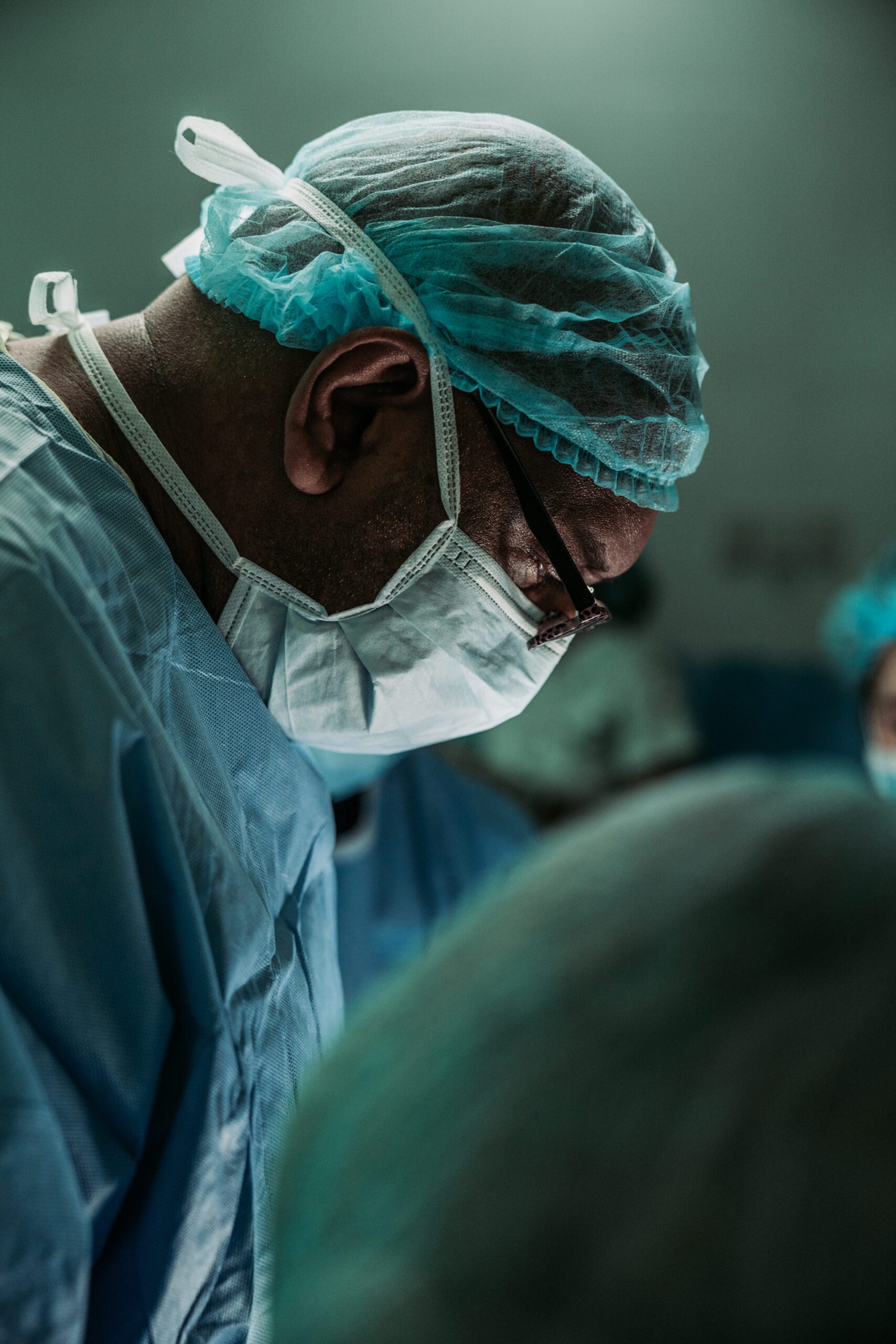This post is about medical trauma.
This website may contain affiliate links, which means I’ll receive a commission if you purchase through my link at no extra cost to you. please read the full disclosure here.
As a newborn baby, I underwent open heart surgery without guaranteeing that I would survive.
The hospital brought in a priest to baptise me and the family was asked to come in to be by my parent’s side. If I survived, my parents were told that I would need multiple heart operations (ongoing for the rest of my life).
My life span wasn’t guaranteed nor was my quality of life. I not only survived that first open heart surgery, but I also survived a couple more.
In what turned out to be a miracle (yes the specialists called me a “miracle baby”), I never required another operation after those first few that I had. I have since been able to live a healthy and active life as an adult.

I have surpassed all key milestones and have been active, lived a great life and even carried my first baby and delivered him healthy when I was at the ripe old age of 37 years.
Even though the operations were a great success, I did develop medical trauma.
My symptoms included anxiety around future hospital visits, fear of medical procedures such as blood tests and shutting down at my cardiologist appointments and not wanting to engage in having ongoing checkups.
After working through my medical trauma, I now look forward to seeing my cardiologist and we have a plan of action to minimise anxiety around any future medical procedures.
1. What Is Medical Trauma?

- Medical trauma is a phenomenon that deserves attention from mental and physical healthcare professionals.
- It is not a commonly known term, but it refers to trauma that can arise from surgery or multiple medical procedures.
- Hospital stays themselves can have lasting effects on our minds and emotions.
Throughout most of my life, I would feel nausea and anxiety when walking into a hospital, even if I was there to visit someone else and not the patient myself.
Pediatric medical traumatic stress refers to a set of psychological and physiological responses of children and their families to pain, injury, serious illness, medical procedures, and invasive or frightening treatment experiences. Medical trauma may occur as a response to a single or multiple medical events.
National Child Traumatic Stress Network
This was a result of the first few years of my life which included lengthy hospital stays, poking and prodding my body with countless needles and dramatic open heart surgery.
Even though I was a child at the time, my body remembers all of it.
Here are 4 medical trauma signs to look out for:
- Avoidance: Avoiding eye contact with medical professionals, trying to skip medical appointments, not wanting to talk or think about anything related to the medical condition or care, avoiding treatments.
- Re-experiencing: Having flashbacks about the diagnosis or injury, sudden thoughts about the medical condition, talking about the medical condition a lot, thoughts repeating over and over again, acting out parts of medical care in play or drawing pictures.
- Hyper-arousal: Feeling jumpy, having trouble sleeping, finding it hard to concentrate, having higher blood pressure.
- Changes in mood/cognition: Feeling more depressed or anxious overall, having more negative thoughts, thinking or feeling that the world is unsafe.
To know more about how to identify medical trauma go here.
2. What Can I do About Medical Trauma?

- Self-care: It is important for helping you recover from medical trauma.
- Exercise: This is a good way to treat medical trauma. It can make us less anxious about surgery or medical procedures. Make sure to check with your doctor before exercising to make sure it’s safe.
- Sleep: It is really helpful for reducing anxiety related to medical trauma. When we get enough sleep, our minds can heal and think better. If we don’t sleep enough, medical trauma can affect us more because our nervous system can’t calm down easily.
- Relaxation: Techniques like deep breathing or meditation can help us feel relaxed. After experiencing medical trauma, we feel very anxious. If we don’t learn to feel calm and relaxed, we might have more panic attacks and anxiety. Taking a deep breath in and blowing out through pursed lips can quickly help us feel calm and relieve tension.
- Therapy: A great tool for helping provide exercises and mindful strategies to help with stress and anxiety. To check out a therapist online, go here.
If you’ve noticed symptoms of medical trauma in your child or yourself, start with talking with your or your child’s doctor.
Psychology Today
The doctor can help you decide whether you can start trying some strategies to address the symptoms on your own or whether you or your child may benefit from support from a mental health provider.
Mental health treatments such as cognitive-behavioural therapy or trauma-focused cognitive behavioral therapy can be particularly helpful.
Many who experience medical trauma (as a child or adult) have no idea that their mental health is affected by it.
The effects could include developing PTSD, anxiety and depression. If you think you are dealing with any of these, please seek professional mental health assistance today. There is nothing wrong with going through a medical trauma and experiencing these side effects.
More often than not people who do experience this, however, feel that it’s just something that they need to live with or get over. That is not the case.
No one should have to live with anxiety every time they walk into a hospital or doctor’s surgery.
3. How Medical Trauma Gave Me A Panic Attack On The Operating Table

- I had a c-section delivery to have my first baby. I had a strong medical trauma response in the delivery room.
- I was very excited to meet my baby. However, seeing all the medical staff and equipment brought back bad memories from past surgeries.
- I had talked to my obstetrician and cardiologist beforehand, and they had a plan to help me.
- The c-section itself was not long, only about 15 minutes. Although it was short lived, I started panicking towards the end. I had trouble breathing on the operating table (which happens during a panic attack).
- This happened because of all the past doctor appointments, hospital stays, and surgeries I’ve had.
- I’m thankful that if I ever have another baby and deliver in the same way, I will have a team looking after me who are well aware of my medical trauma.
- I received great care, and my panic attack and anxiety were helped immensely by professional medical staff who knew my medical history. They made me feel safe and secure.
- I am grateful to the specialists who helped me during that time.
- I’m grateful that I was able to meet with them before the surgery to discuss my concerns regarding anxiety around having the c-section.

Very Well Mind has some helpful tips for preparing for your next surgery if you’ve experienced medical trauma:
Practice advocating for yourself by explaining how you prefer to be treated by a doctor or provider.
Insist on being talked through any procedures they may perform. Try preparing for your appointment ahead of time by writing down symptoms you’ve been experiencing and any questions you have that you’d like answered.
Part of trauma is a lack of or loss of control, and gathering more information can help you take a bit of that power back. The same applies to existing doctors.
If you feel dismissed after telling them this (or anything, really), it is OK to either tell them or look for a new doctor.
Very Well Mind
Final Thoughts

Medical trauma is a very real condition experienced by a large number of the population. When going through it, you may feel helpless and out of control.
Future medical procedures can feel scary and cause a lot of anxiety. If you seek help now and develop a plan with your medical team it can reduce stress and worry.
Doing this can help you feel much calmer about medical procedures and less bound by anxiety.
This post was about medical trauma.

